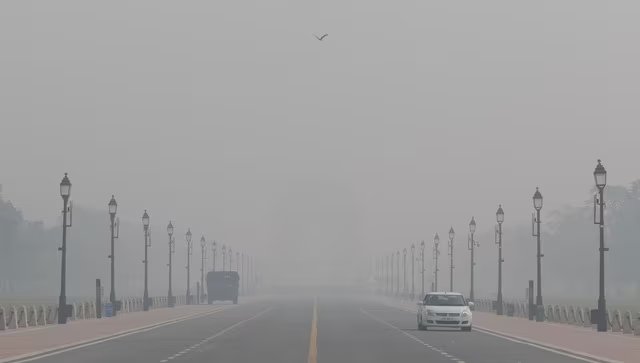
In response to the deteriorating air quality in Delhi, and with the air quality reaching the “severe” category for the first time this season, the Commission for Air Quality Management (CAQM) has scheduled a meeting for 1:30 pm on Friday to discuss the potential implementation of Stage 4 of the Graded Response Action Plan (Grap). This would involve the introduction of more stringent anti-pollution measures.
As of 11 am, the average Air Quality Index (AQI) in Delhi stood at 475, surpassing last year’s peak (450) and the 2022 peak (471). In 2020, it was 477, and in 2019, it was even higher at 494. Specifically, two monitoring stations in Mundka and Punjabi Bagh recorded an AQI of 499.
The rapid decline in air quality, along with fog, led to reduced visibility of 600 meters at Safdarjung and 500 meters at Palam. The pollution levels worsened on Thursday, with Delhi recording a 24-hour average AQI of 392, coming close to the “severe” category threshold by 4 pm. Subsequently, the average AQI surged to 427 just before midnight.
Stage 4 of the Graded Response Action Plan (Grap) is typically enacted when the AQI surpasses the 450 mark. Measures included in this stage encompass restrictions on truck entry into Delhi and limitations on construction activities on highways and roads, among other anti-pollution actions.
